Latest posts
A firsthand perspective of trialling mobile DNA sequencing
Andy Kilianski and Sam Minot - March 27, 2015
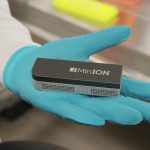
Sam Minot from Signature Science, LLC and Andy Kilianski from the Edgewood Chemical Biological Center are part of a team that has been trialling a new palm-sized DNA sequencer to test whether it can characterize viruses and bacteria. Their findings, published in GigaScience suggest the device could have potential for disease diagnosis in the field.
‘Open Source, Open Science’ meeting report – March 2015
Amye Kenall - March 24, 2015

Guest post from Amye Kenall: On March 19th and 20th, the Center for Open Science hosted a small meeting in Charlottesville, VA, convened by COS and co-organized by Kaitlin Thaney and Titus Brown (UC Davis). People working across the open science ecosystem attended, including publishers, infrastructure non-profits, public policy experts, community builders, and academics.
Guest Posting: Help Crowdfund the “Community Cactus”
Scott Edmunds - March 13, 2015
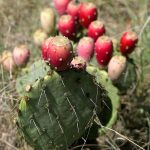
Peng Jiang and Hui Guo from the University of Georgia provide a guest post covering their crowdfunding efforts to sequence the first cactus genome.
GWAS Reloaded: extended Q&A with PLINK1.9 author Chris Chang
Scott Edmunds - February 26, 2015
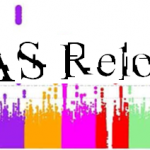
The software application PLINK is one of the most widely used tools in bioinformatics, particularly for genome-wide association studies (GWAS) that look at genetic variants in different individuals to see if any variant is associated with a trait. With the advent of the thousand dollar genome, the computational demands being made on such programs are […]
Open Data Publishing Goes New Zealand: A Cross Posting For Creative Commons Aotearoa
Nicole Nogoy - February 10, 2015

Our New Zealand based Editor Nicole Nogoy was asked by Creative Commons Aotearoa to write a guest blog on open licensing from a Kiwi perspective
Synthetic Genomics: Redesign and synthesis of the first multicellular eukaryotic genome
Scott Edmunds - January 30, 2015
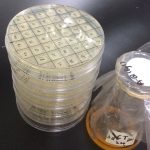
Guest post from researchers at BGI and Edinburgh University on where organismal scale “synthetic genomics” is going.
Guest Blog: The Ebola Epidemic revisited – where are we in 2015?
Scott Edmunds - January 15, 2015

Michael Dean from the Center of Cancer Research at the NIH uses his data oriented approach to give an update of where the Ebola epidemic is in 2015
A Flock of Bird Data Comes to Roost
Scott Edmunds - December 12, 2014

In the long history of humankind (and animal kind too) those who learned to collaborate and improvise most effectively have prevailed. —Attributed to Charles Darwin In 1839 Charles Darwin published his famous account of the 5-year second voyage of the HMS Beagle, describing the flora and fauna he encountered surveying South America and circumnavigating the […]
Getting Techy With It: GigaScience Technology Update 2014
Nicole Nogoy - November 27, 2014
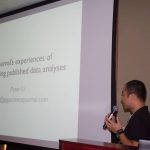
GigaScience Technology Update 2014, outlining the many upcoming technical developments, including some published examples that showcase them.
Publishing our first virtual box of delights to aid the fight against heart disease
Scott Edmunds - November 12, 2014

Publishing our first virtual machine to aid the fight against heart disease, involving a package of MRI data and algorithms on a virtual hard disk